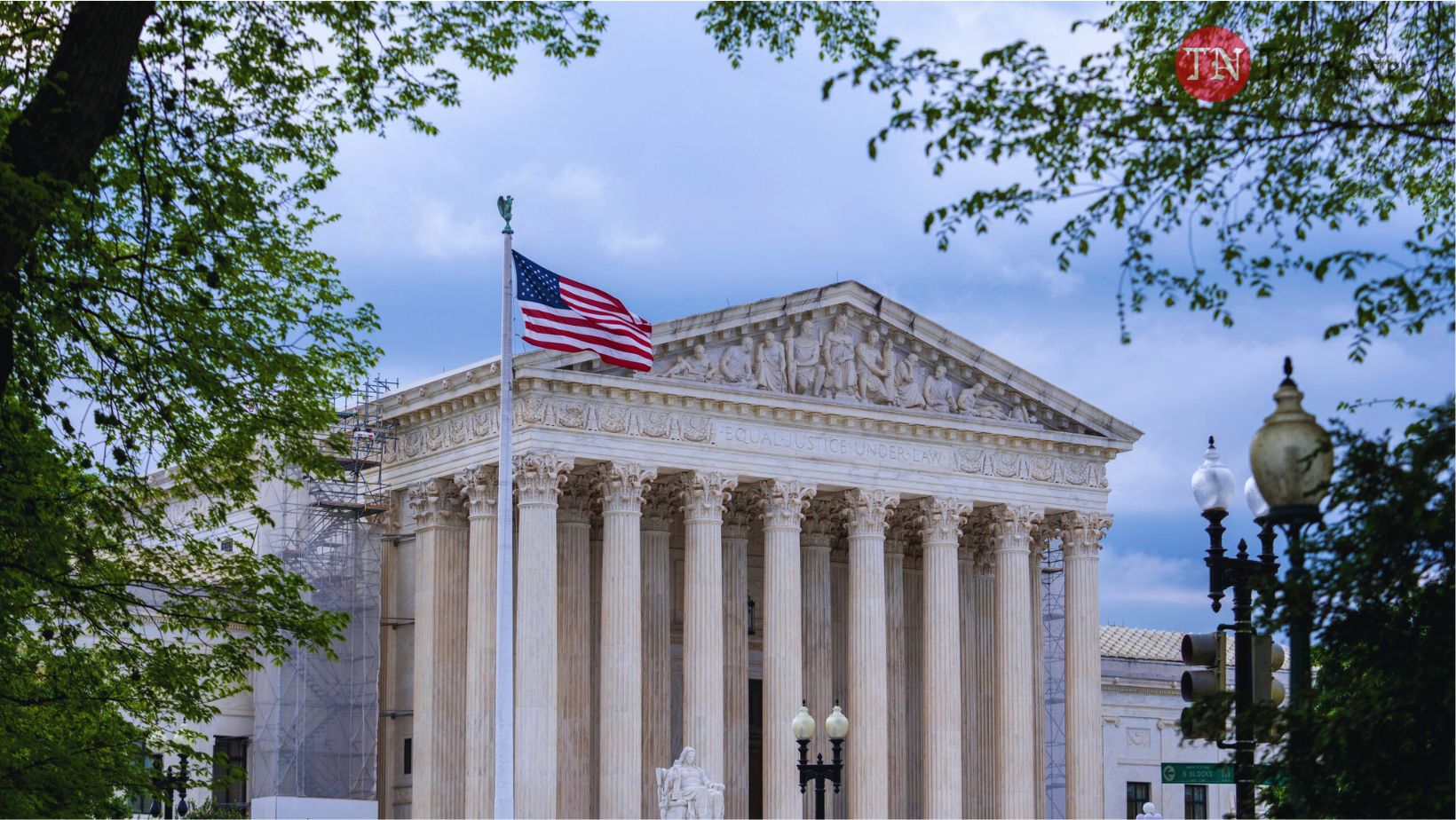
In a pivotal decision, the Supreme Court opted not to expedite a legal challenge to Maryland’s ban on assault weapons, allowing the dispute to proceed through lower courts. The ban, enacted following the 2012 Sandy Hook Elementary School shooting, prohibits the possession, sale, transfer, or purchase of specific semiautomatic rifles. The Court’s decision maintains the law’s status quo, pending a ruling from the U.S. Court of Appeals for the 4th Circuit on its Second Amendment compatibility.
The challenge, brought forth by Maryland residents, a licensed gun dealer, and pro-Second Amendment groups, contends that the ban violates Second Amendment rights. Despite the 4th Circuit previously upholding the law, the Supreme Court’s 2022 ruling expanded the framework for evaluating gun laws, prompting a reevaluation of the case. While proponents of the ban argue its consistency with historical firearms regulation, opponents seek the Supreme Court’s intervention to affirm Second Amendment protections for commonly-owned rifles.
With Maryland’s ban at the center of a legal tug-of-war, the Supreme Court’s decision not to intervene underscores the complex landscape of gun control jurisprudence. As the debate continues, the forthcoming rulings from both the 4th Circuit and the Supreme Court on similar cases are poised to shape the future of firearms regulation in the United States, impacting states with comparable laws and broader national discourse on Second Amendment rights.
Pic Courtesy: google/ images are subject to copyright









